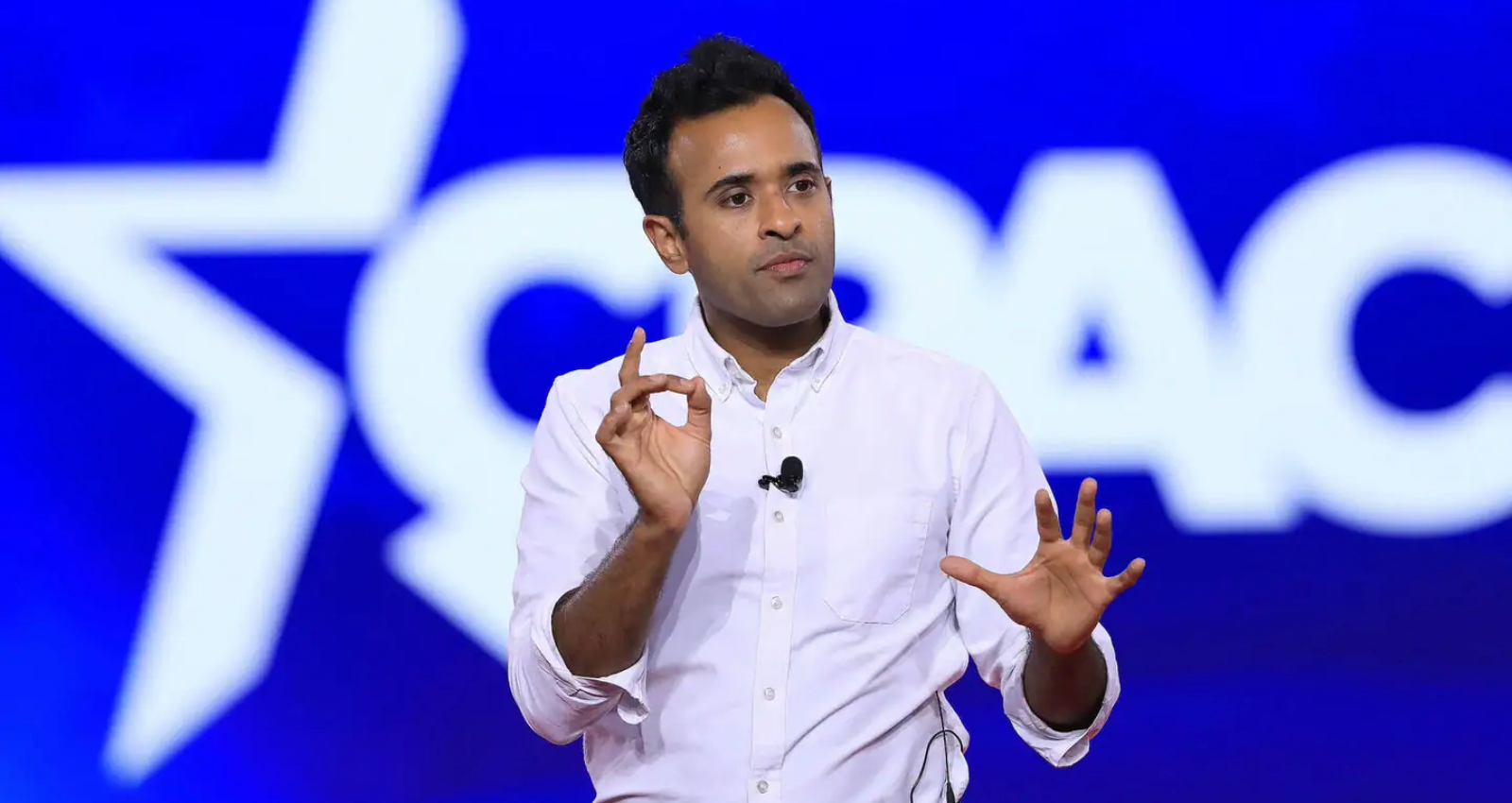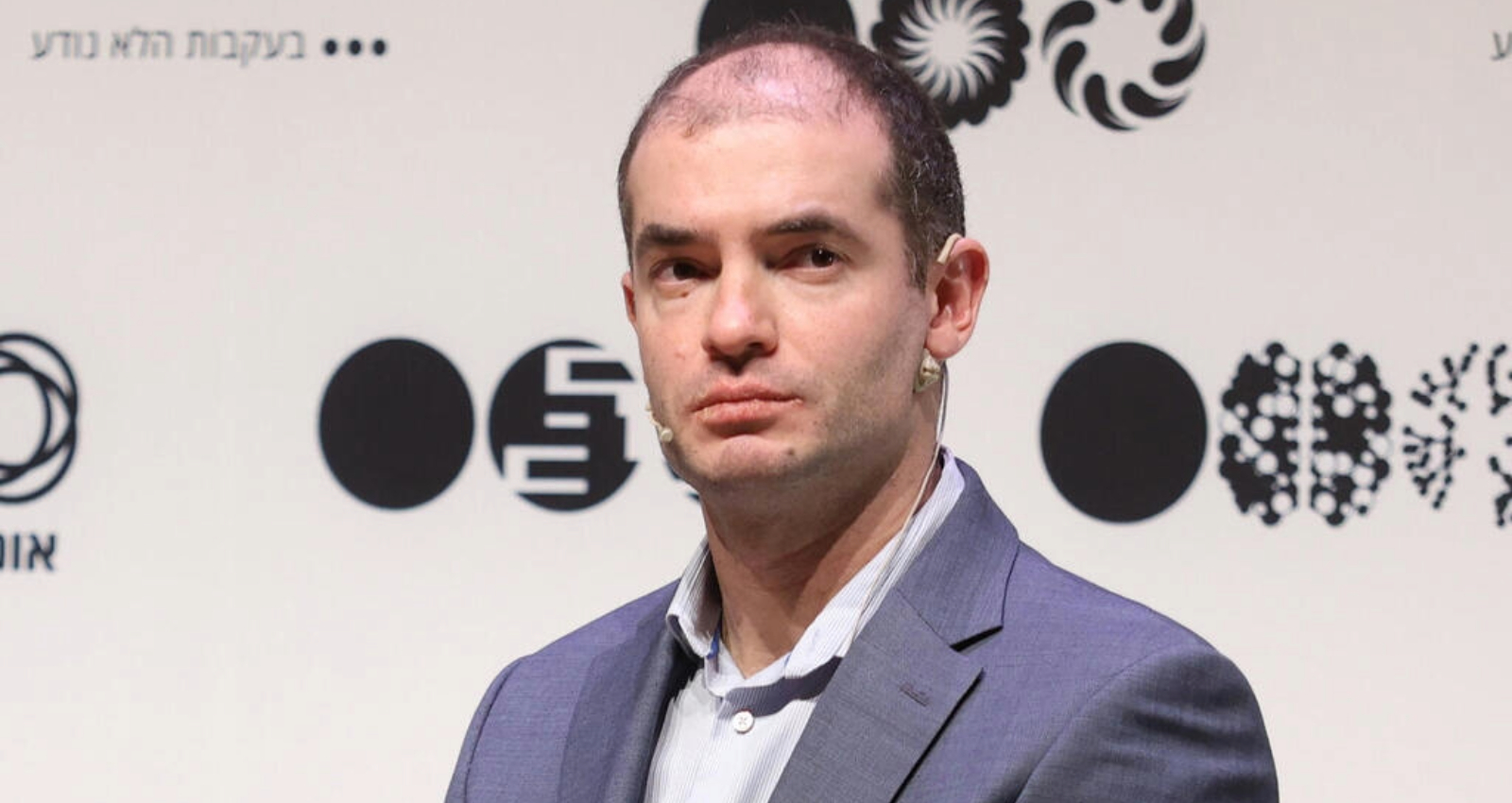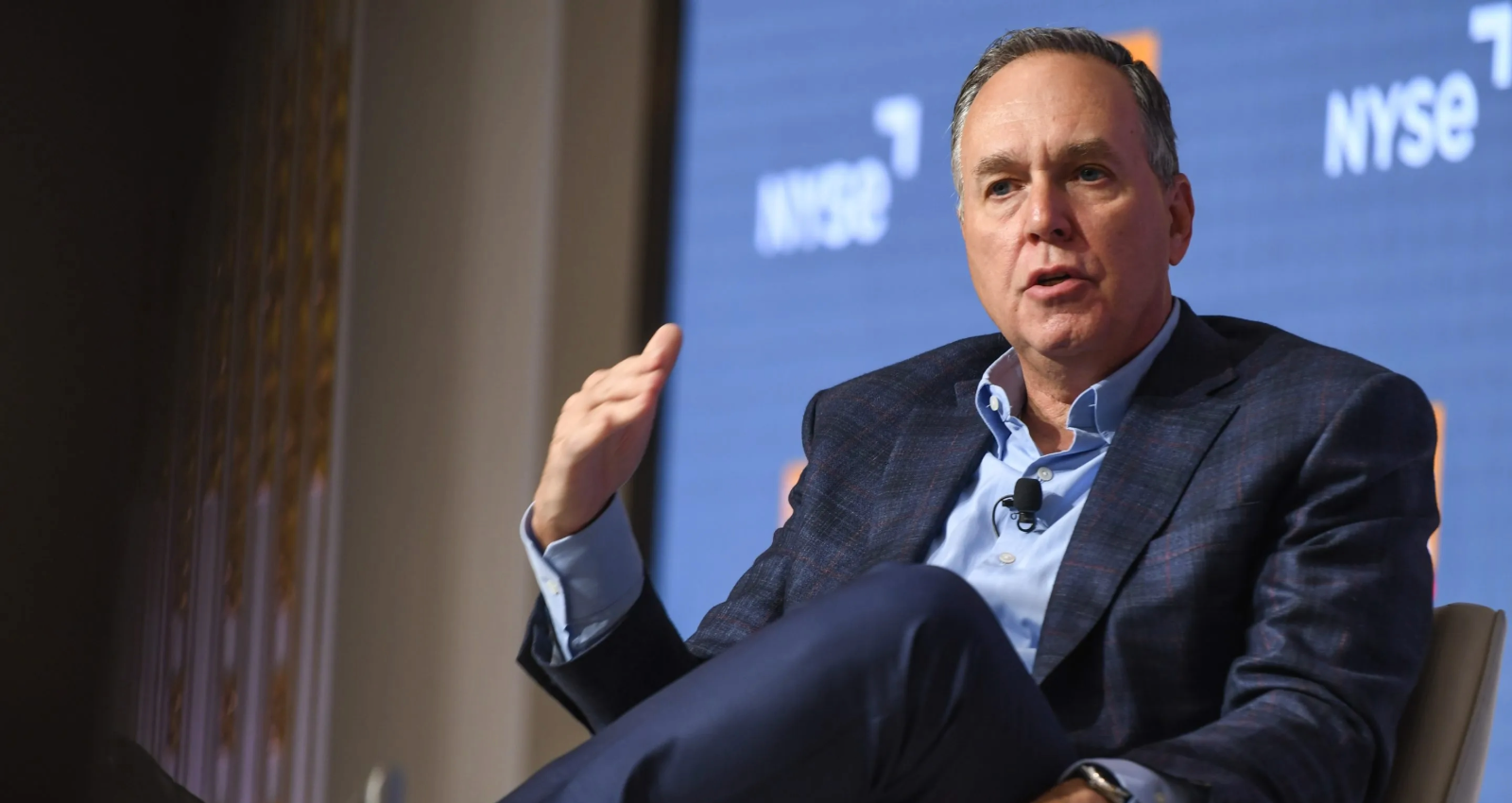- May 14, 2025
Vivek Ramaswamy’s Medicare Startup, Chapter Platform, Now Valued at $1.5 Billion

When Chapter platform launched in 2020, its founders saw a broken system few wanted to fix: Medicare navigation. Now, the startup just raised $75 million in Series D funding, boosting its valuation to $1.5 billion, a milestone that shows how vital this space has become.
The funding round was led by venture firm Stripes, with additional private equity investors participating. It comes amid broader uncertainty around Medicare, as budget cuts and regulatory shifts threaten to destabilize parts of the system millions of Americans rely on.
The company’s value proposition is simple but ambitious: to make the Medicare selection process clear, unbiased, and patient-first, something rare in a marketplace dominated by insurance-driven brokers.
Breaking Through a Broken System
Cobi Blumenfeld-Gantz, Chapter platform co-founder and CEO, has been outspoken about the problems in the Medicare navigation industry. At a Senate Finance Committee hearing in late 2023, he testified, “The Medicare enrollment and navigation process is broken.”
He described a marketplace dominated by marketers and lead generators, who push seniors toward private Medicare Advantage plans, often without explaining the trade-offs. “Maybe it’s deliberate, or maybe it’s not, but they don’t tell you that you can no longer see your doctor,” Blumenfeld-Gantz said.
Unlike many brokers, the Chapter platform claims to offer unbiased, full-market guidance. “Navigating Medicare is needlessly complex,” said Blumenfeld-Gantz in a company statement.. “Too many people end up with plans that cost more and cover less than they should.”
Blumenfeld-Gantz experienced the system’s flaws firsthand. Watching his parents struggle to choose a Medicare plan inspired him to reimagine the entire process. Chapter’s team also points to the underlying business incentives that have distorted the system. “Part of the problem,” Blumenfeld-Gantz explained, “is that brokers don’t work for patients; they work for insurance companies.”
Today, the Chapter platform helps seniors select health plans, prescription drug coverage, doctors, and hospitals, offering recommendations that prioritize customer needs, not insurer profits.
An Unusual Go-to-Market Strategy
Chapter platform rapid growth hasn’t relied on splashy TV ads or aggressive cold calls, the default for much of the Medicare industry. Instead, the startup has built partnerships with major trusted institutions to reach seniors where they already are.
“We partner with amazing institutions, health systems, financial services firms, content sites, and support them and their audiences and patients, and clients as they’re navigating Medicare,” Blumenfeld-Gantz said.
The company’s model has helped it partner with many top regional and academic medical centers nationwide. “We now partner with many of the top health systems in the country, many regional health systems as well, and academic medical centers to be a strategic partner and to help their patients navigate all the changes that are happening,” he added.
The approach, coupled with technology innovation borrowed from Blumenfeld-Gantz’s time at Palantir, caught the attention of investors.
“Chapter is reshaping one of the most consequential and confusing decisions in someone’s life as they enter retirement: their health coverage,” said Ron Shah, partner at Stripes, who will be joining Chapter’s Board of Directors. “The Chapter team has taken a fundamentally innovative approach to this complex problem by reimagining the technology and data stack from the ground up in order to deliver far superior guidance to America’s seniors.”
Politics, Perception, and the Path Forward
The Chapter platform‘s early days were marked by its conservative-leaning investors, including Peter Thiel and JD Vance’s Narya Capital. And the confounding role of Vivek Ramaswamy, who later became a Republican presidential candidate, added political complexity.
However, Chapter platform has distanced itself from partisan politics. “While Ramaswamy helped found the company in 2020, he stepped down from the board when he ran for office and is no longer involved in the company,” the team told Fast Company.
Looking ahead, the Chapter platform’s success may depend on how future Medicare reforms play out. Blumenfeld-Gantz, for his part, has signaled on adopting a cautious “wait-and-see approach” to Washington’s evolving healthcare agenda. “I think it’s too soon to know what Trump’s real health-care policies are, at least when it comes to Medicare,” he said.
With Medicare enrollment set to grow for decades and the system growing more complex, the company’s mission and business model are well-timed. As Blumenfeld-Gantz sees it, there’s still enormous work to be done. But at $1.5 billion, the Chapter platform is already proving there’s a massive market for helping seniors make smarter, clearer healthcare choices.









